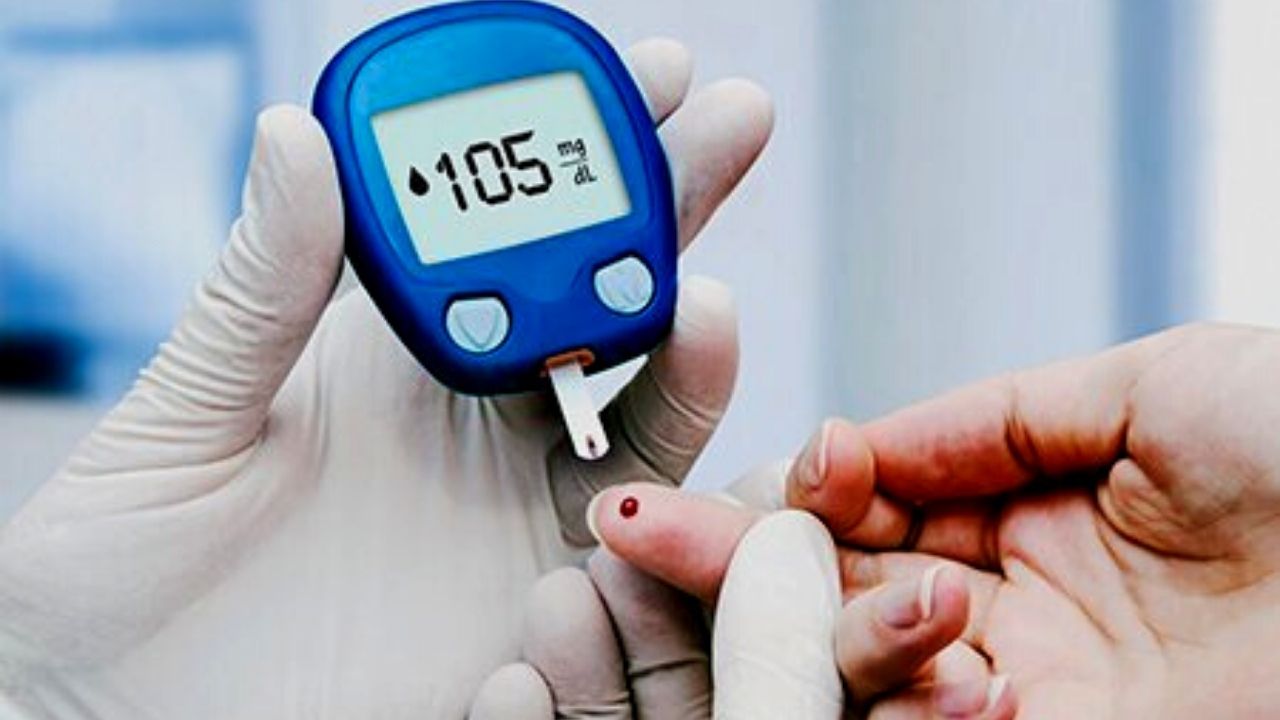Living with diabetes- If you or a loved one has been diagnosed with diabetes, you have probably already learned how to measure blood sugar (glucose) levels and have learned the basic principles of diabetes management. But that’s not all. Most likely, you will still have to face the search for answers to questions regarding the impact of diabetes on daily life. In turn, experienced diabetics often need to obtain information on aspects that are still unknown to them. Our goal is to provide people with diabetes and their loved ones with ongoing support at different stages of their lives, for example, during pregnancy or planning, as well as in the search for new opportunities for diabetes management.

Whether you are diagnosed with type 1 diabetes, type 2 diabetes, or even gestational diabetes, understanding the disease and the treatment options available is critical to successfully managing your diabetes. Equally important is an understanding of the need to perform routine tasks on a daily basis, as well as an understanding of the possible difficulties that will have to be faced on a daily basis. First and foremost is the support of others. With about 3.2 million people living with diabetes in the UK1, you can easily find people who can provide the support you need and dispel your doubts without leaving you alone in the fight against diabetes.
At first, it may be difficult for you to come to terms with the diagnosis , and the need to learn how to live with diabetes will make you overcome many difficulties. Currently, modern medicine does not know how to completely cure diabetes, but with proper care and therapy, you can live for many years with a minimum of complications. Today, there are many support groups, information materials and counseling opportunities available to diabetics – take the time to learn about diabetes, possible complications, and interventions that can help eliminate the risk of such complications.
Diabetes treatment
Treating diabetes requires serious treatment and care. Regardless of how large your support group is, you will have to make the decision on treatment yourself – because if the initial development of diabetes was uncontrollable, after the diagnosis of the disease, its course is in your hands. Learn about diabetes, explain it to your loved ones, and get ready to take action. If you are diagnosed with type 1 diabetes or insulin-dependent type 2 diabetes , the first thing you need to familiarize yourself with are methods of administering insulin, including insulin pens and an insulin pump…. Understanding how products for diabetics work will allow you to choose the product that best suits your lifestyle, which, in turn, will make it easier to go through the adaptation process. In addition, there are numerous assistive tools on the market to make your life with diabetes easier, such as continuous glucose monitoring systems and blood glucose meters .
Despite the fact that the emergence of diabetes will make its own adjustments, you can continue to live a full life, and as soon as you learn how to properly manage your diabetes, it will become a part of your lifestyle. Remember that diabetes does not pose barriers – the circle of habits that you will have to say goodbye to is very small. All that is required of you is to take control of the situation and continue living as before.
Activities for living with diabetes you need to do on a daily basis
Monitor your diet
Meal times, food types and amounts – see our Type 1 and Type 2 Diet Guidelines.
Basal bolus compliance
The basal mode mimics the background insulin secretion, and the bolus mode covers the need for insulin with food intake.
Counting the amount of carbohydrates
Carbohydrate counting is an effective method to correctly calculate your insulin dose.
Checking blood glucose

This is where the glucometers and continuous glucose monitoring systems from our range come to the rescue .
Insulin administration / medication
In addition, it is recommended:
- Eating a balanced diet
- Exercise 30 minutes daily
- Strive to limit the number of stressful situations;
- Ensure yourself a healthy sleep at night.
Despite the fact that you can lead a full-fledged lifestyle, you still have to give up some possible habits, since their effect on the body of a diabetic differs from the effect on the body of a healthy person:
- Drinking alcohol in large doses;
- Snacks between meals
- Skipping meals
- Smoking;
- Use of prohibited substances.
We live a normal life
Except for the need to make small adjustments to the daily routine, most of the recommendations apply equally to people with diabetes and healthy people. In particular, it is a healthy and balanced lifestyle. By making the right decisions in other aspects, especially exercise and diet , you can live a full life with diabetes, while reducing the risk of complications in the long term.
Making small adjustments all the time is an integral part of starting a life with diabetes. Adults who are first diagnosed with diabetes tend to be people with well- established habits and daily routines. And if at first it is difficult to accept the changes, after the very first results of the work done, the priorities of most diabetics change and adaptation takes place.
Living with diabetes is not an easy burden, so do not be discouraged if you or someone you love is experiencing difficulties. Diabetes is a limiting factor in many different aspects of life, in particular, you will have to constantly think about how food, drink or physical activity can affect your blood sugar level. In addition, diabetes can affect the following aspects of your life:
- Diet ;
- Sports training ;
- Physical activity;
- Sex ;
- Pregnancy ;
- Travel ;
- The course of the disease;
- Taking medications;
- Office / school visit;
- Stressful situations;
- Driving;
- General health.
It should be noted that these problems affect not only diabetics – at one time or another in their lives, most people face them. Remember that the body of each of us is unique, which means that reaching the right decision is possible only through trial and error. As you develop an understanding of how blood sugar levels respond to various factors, you will be able to better understand your body and meet its needs in a timely manner.
Where to begin? If you have been diagnosed with diabetes, start by reading our guidelines for people newly diagnosed with type 1 diabetes and type 2 diabetes . An insulin pump can help make life with insulin- dependent type 1 or 2 diabetes easier and better control blood glucose levels .
If you are an experienced diabetic, you probably still have unanswered questions. We strive to provide ongoing support at different stages of the life of a diabetic patient, for example, during pregnancy and planning , in the pursuit of increasing the intensity of sports training , as well as in the search for new opportunities for diabetes management, including our continuous monitoring system.
Caring for children and adolescents with diabetes
Perhaps you are looking for information that could be useful to your child or loved one. Remember that young children with diabetes need special attention and care as they cannot cope with the disease on their own. They need support, monitoring and training. On the contrary, adolescents with diabetes are at a stage of many life changes, which makes it difficult to adapt to the regime. Because kids are constantly trying new things as adolescents, you will need help making the right decisions in unfamiliar situations.